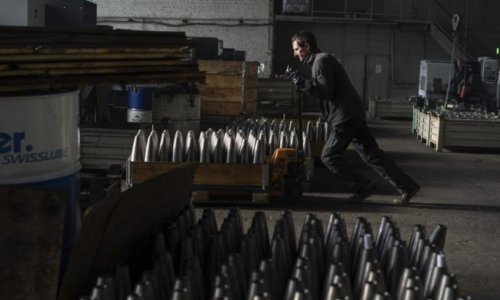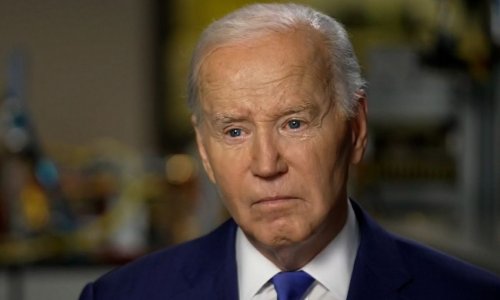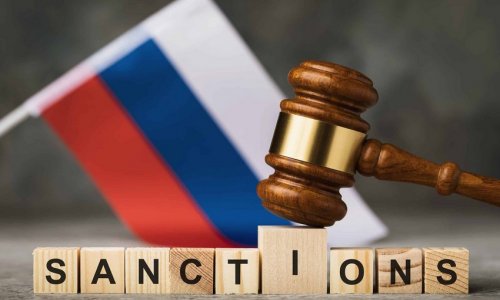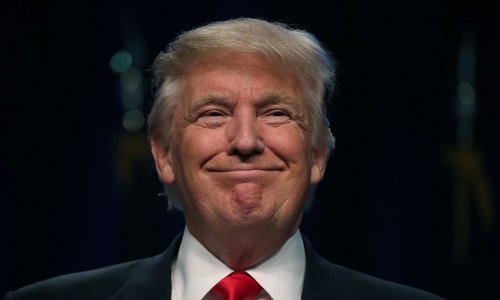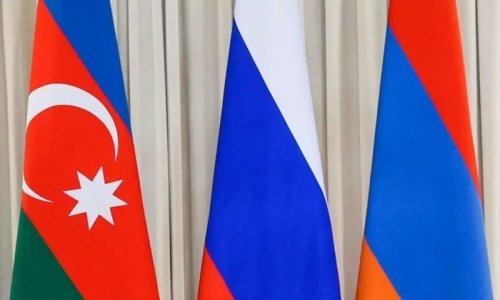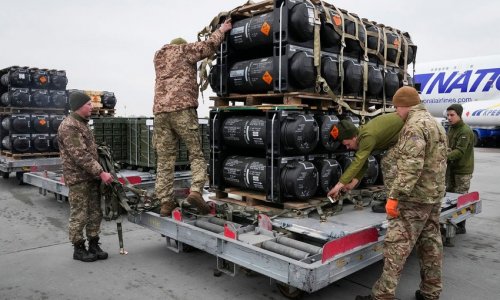The last week has been full of violent acts in Rio de Janeiro. Once again, police and protesters clashed during a protest in the centre of the city. A few days earlier a teenage boy was beaten, stripped naked and tied to a lamp post by a group of vigilantes for allegedly mugging people in the street. A video of a white man pre-emptively accusing a black, poorly dressed youth of intent to mug him has gone viral. All Brazilians, black and white, rich and poor, are terrified of the aggressive atmosphere. The confrontations are no longer people versus authority; they have become people versus people.And senior media figures have backed the vigilantes taking justice into their own hands. This week Rachel Scheherazade, the SBT news anchor, said their actions were "understandable", and that if people were pro-human rights they should "do Brazil a favour and adopt a thief". She made these declarations on national primetime TV.To many, the statistics justify the violent backlash: between 2007 and 2013 more than 33,000 people were murdered in Rio, 1,070 as a consequence of being mugged. Even more frighteningly, 5,412 people died in conflicts with the police.As the government focuses on the World Cup to please the international community, it neglects the people even more than usual, and things are bound to get worse. Brazil is already the fourth most unequal country in Latin America(according to the United Nations).The recent crime waves, in particular in the Rio neighbourhood of Flamengo, where the black teenager was attacked, are a direct result of the population's rage that flared up last June. The government's attempt to raise bus fares once again has acted as a reminder that, since last year's protests, things have got worse, not better.Perhaps people have realised that protesting takes them nowhere, except for gaining short-term change. The government is sending a clear message: we will do whatever we like and your protests can't stop us. This message has become dangerous because people now feel entitled to steal, to use violence and to torture any perpetrators the police fail to arrest.And there will always be innocent people who suffer. On Thursday, a cameraman was hit in the head by an explosive, allegedly a police bomb, after a protest turned violent. He is in a coma.The war is high income versus low income. While people from the favelas are driven to crime because of their lack of opportunities, middle class people become increasingly scared of violence and concerned for their security. Rage against the government is turning the population against each other and, despite Rio's glorious sunshine, the atmosphere is of fear and sadness for a city of such potential.Ultimately, though support for torture and violence is horrifying, the social problems in Brazil are much deeper than vigilantes doing what they think is right. It is not a simple matter of killing a criminal because he is inherently evil; hundreds of years of oppression, racism and government neglect cannot be glossed over with a simple decision not to raise bus fares.• This article was amended on 9 February 2014. It originally stated that Brazil was the fourth most unequal country in the world – this should have read fourth most unequal in Latin America. In addition, the figure of 33,000 murders does not apply to 2013 alone, as originally stated, but to 2007-2013. These errors have now been corrected.(theguardian.com)ANN.Az
Government has set the favelas and middle classes against each other
World
15:14 | 10.02.2014
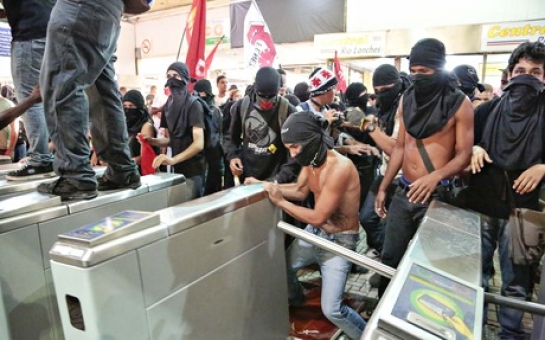
Government has set the favelas and middle classes against each other
In Brazil there is a saying: "A good thief is a dead thief." These words have never been more relevant in today's Brazilian class-ridden landscape, where prejudice, violence and racism run free.
Follow us !

